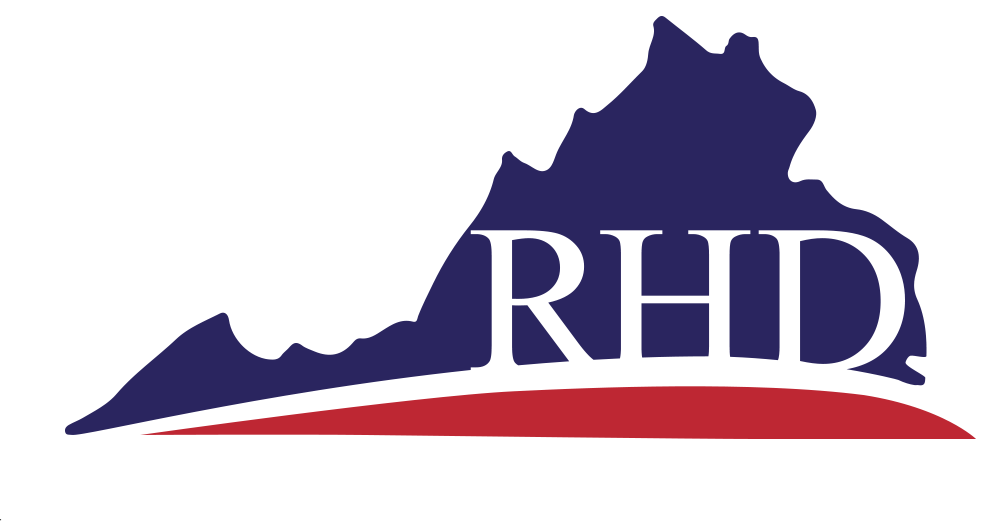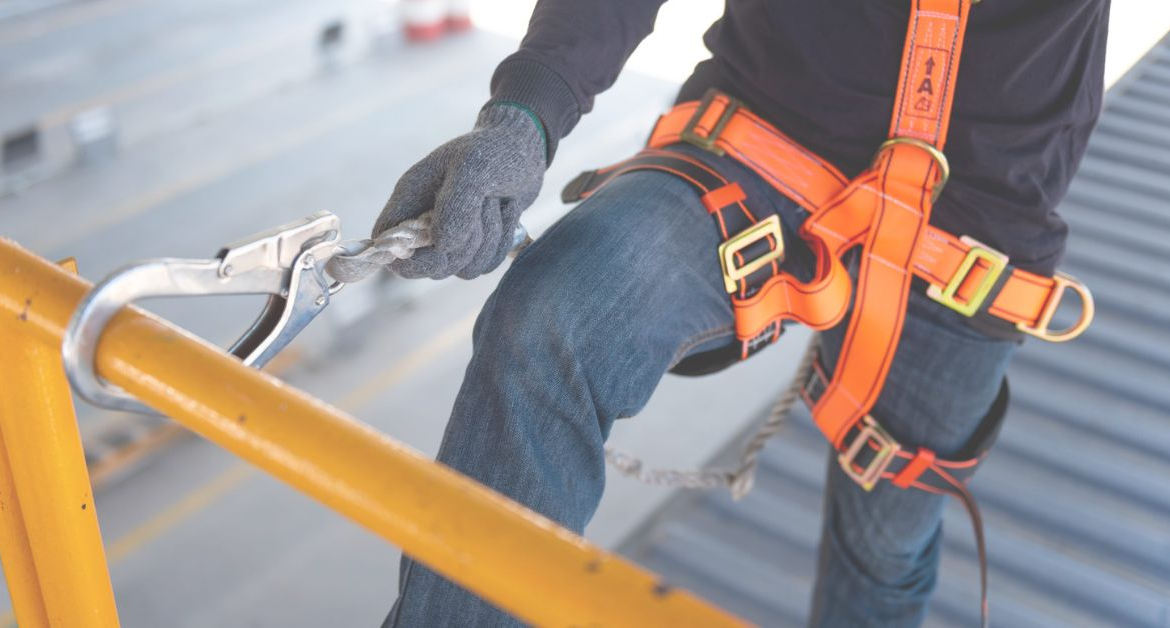According to the Bureau of Labor Statistics (BLS), there were 4,764 workplace fatalities in 2020. That equates to about 13 work-related deaths per day. Despite organizations like the Occupational Safety and Health Administration (OSHA) ‘s goal of protecting workers and ensuring a safe work environment, accidents still happen. As defined by OSHA, the most common causes of workplace fatalities are called the “Fatal Four.”
Falls From Heights
Falling is the leading cause of death among construction workers, accounting for more than 36 percent of all fatalities in the industry. The most common type of fall is one from an elevated work surface, such as a roof or scaffold. Falls from ladders and other heights are also relatively common.
There are several reasons why falls are so common in construction work:
- Dangerous Work Environment – Construction sites are often cluttered with materials and equipment, which can make it easy to trip and fall.
- Improper Safety Equipment – Many construction workers do not have access to and are not provided with proper safety equipment, such as harnesses and ropes, which can help prevent falls.
- Faulty Equipment – Defective equipment like faulty scaffolding or ladders can put workers at serious risk of injury or death.
Struck-By
OSHA reports that about 75 percent of all struck-by accident fatalities involve heavy machineries like cranes or large trucks. However, they can also be a result of flying tools, particles or even unstable concrete or masonry walls that topple over.
Workers who are struck by falling objects are often killed instantly or crushed by the object’s weight and suffer severe injuries like spinal cord damage, internal bleeding and traumatic brain injuries (TBI).
Caught-In/Between
Caught-in/between accidents are most commonly associated with excavation and trenching. Workers involved in the excavation process are more than twice as likely to suffer a fatal accident than other construction workers. These accidents occur when a worker becomes stuck in a collapsed trench, excavation site, or rubble from demolition or gets caught in or between a piece of moving machinery.
Workers involved in fatal caught-in/between accidents are often exposed to:
- Oxygen deficiency.
- Flammable gasses.
- Toxic fumes.
- Water or sewage.
- Severe burns.
Electrocutions
As the Bureau of Labor Statistics reported, fatal exposure to electricity took the lives of 126 workers in 2020. Electrocution accidents happen when a worker comes into contact with live wires or if they are using equipment that is not properly grounded. It can also occur if a worker is standing on wet ground and comes into contact with an electrical source.
Virginia Workers’ Compensation Death Benefits
If a worker experiences a fatal workplace accident, death benefits through Virginia’s workers’ compensation program may be payable to a surviving spouse or children (under the age of 18 or 23 if enrolled in college). Workers’ compensation death benefits include:
- Up to $10,000 in burial expenses.
- Up to $1,000 in reasonable transportation expenses.
- Financial benefits (66 and two-thirds percent of the decedent’s average weekly wage for a period of up to 500 weeks)
When an employee dies as a result of a work-related injury or illness, the employer or their insurance company may try to deny workers’ compensation death benefits. They may do this by claiming that the death was not work-related or that the worker’s death was caused by their own willful misconduct. If you are the survivor of a worker who has died as a result of a work-related injury or illness, it is important to know your rights and how to get the benefits you are entitled to.
Were You Injured in a Workplace Accident?
Reinhardt | Harper | Davis has been successfully representing injured workers since 1980. Our workers’ compensation attorneys have a wealth of experience and knowledge in all areas of workers’ compensation law and are dedicated to fighting for our clients’ rights.
If you have been involved in a workplace accident resulting in injuries, call us today at (804) 294-2966 or fill out our form online.


